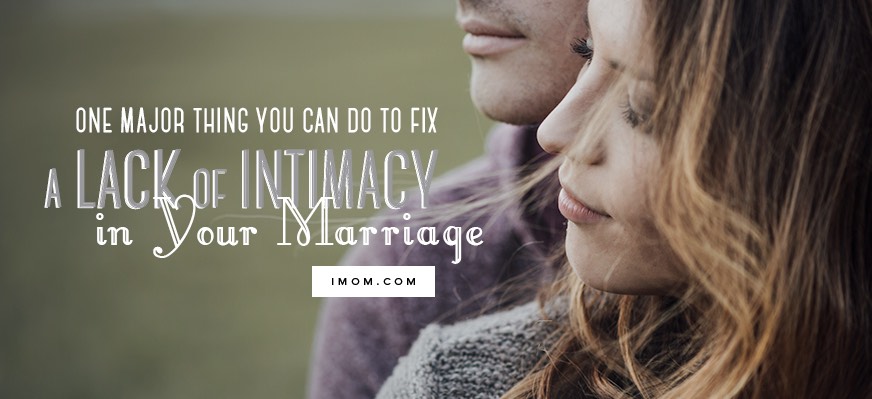I hold a love-hate relationship with the “check engine” light in my car. When it unexpectedly pops up, my first reaction leans toward a sweaty-palm panic, and thoughts of breaking down during rush hour. And, guys, I live in Atlanta, which means it’s always rush hour. But then, I remind myself the little light just means it’s time for regular ol’ maintenance from a licensed mechanic to keep everything running smoothly.
Wouldn’t marriage be easier if relationships also came with “check engine” lights? Unfortunately, they don’t work that way. For some marriages, that means we find ourselves broken down, seeking urgent help from a licensed counselor. However, happy couples go to therapy, too. In fact, according to VeryWell Mind, 68 percent of couples feel it’s best to start marriage counseling before serious problems arise. Here are 5 reasons why happily married couples should consider booking a counseling session.
1. To Get a Tune-Up
So much has changed from the day you and your husband committed to each other “for better or for worse.” In fact, you’ve probably already experienced a “for better” and a “for worse” moment or two. But, even in the absence of major issues, happy couples may choose marriage counseling as a proactive measure to invest in the health and longevity of their relationship. And, by the way, just because you decide to go to therapy doesn’t mean you have a bad marriage. In fact, talking about grievances is one of the habits of happy couples.
Could counseling help maintain a healthy relationship? Questions for happily married couples to consider:
- Are we both happy with our relationship?
- Are there specific areas where we feel our relationship could improve?
- Are there factors affecting intimacy that we’d like to address?
- Could we learn to manage conflict better?
2. To Improve Communication
No married couple will ever achieve perfect communication. Take it from me. I’m a bonafide professional communicator married to a counseling professor for 27 years. You’d think we’d at least achieve passing grades in how we talk with each other all the time. And, yet, we don’t. We misunderstand each other or misinterpret intentions. We forget to tell each other important things or skip over the little things until they become big things. And we lose our temper and say the wrong things. We can all do with a little coaching on improving how we talk to our spouses.
Could counseling help with communication? Questions for happily married couples to consider:
- Do we argue frequently?
- Do we have difficulty expressing our thoughts and feelings to each other?
- Are we experiencing a lack of empathy or understanding?
- Do we feel our communication issues affect our overall relationship satisfaction?
3. To Get Help With a Specific Problem
Sometimes you just need to call in an expert to walk—even a happily married couple—through a specific issue. A counselor offers an objective space to talk together. Plus, they’ve received specialized training in techniques and strategies to help couples address problems while strengthening their commitment.
Sometimes you just need to call in an expert to walk—even a happily married couple—through a specific issue. A counselor offers an objective space to talk together. Share on XCould counseling help with this specific problem? Questions for happily married couples to consider:
- Have we noticed a decline in overall relationship satisfaction due to this issue?
- Does the issue affect other aspects of our relationship?
- Are we experiencing high levels of stress related to the problem?
- Do we find ourselves stuck in a cycle of unresolved conflicts regarding this issue?
4. To Maintain Intimacy
Happily married couples may choose to go to counseling to maintain intimacy for several reasons. For example, long-term relationships can sometimes fall into routines, leading to a sense of predictability. Counseling can help couples break out of these patterns. Counseling can provide a safe place for a couple to improve their communication skills, ensuring that they express their needs, desires, and feelings in a way that fosters intimacy.
Could counseling help with intimacy? Questions for happily married couples to consider:
- Are we both satisfied with our emotional and physical intimacy?
- Do we feel comfortable discussing our needs, desires, and concerns related to intimacy?
- Do we have different expectations or any misconceptions about intimacy in our relationship?
- Are unresolved conflicts contributing to emotional distance or a lack of connection?
5. To Navigate a Significant Life Transition
Research by Dr. John Gottman published in the Journal of Family Psychology shows 67 percent of couples see their marriage satisfaction plummet after a baby. It’s not surprising. Becoming parents for the first (or fourth) time pushes you and your husband into uncharted relationship territory and increases your stress, too! It’s not the only life transition that rocks the boat—an empty nest or a new job can do that, too. Marriage counseling can give you new tools to strengthen your commitment.
Could counseling help with a life transition? Questions for happily married couples to consider:
- Are there specific aspects of the transition that are causing stress or strain?
- Have our communication patterns shifted?
- Have there been changes in the dynamics of our relationship as a result of the transition?
- Are there emotional challenges or anxiety that we’re facing individually or as a couple?
What might be holding you back from seeking marriage counseling?










